A tribute to Attenborough
British actor and film maker Richard Attenborough, director of the film 'Gandhi’, passed away on August 24th. A tribute by Rajni Bakshi, Senior Gandhi Peace Fellow at Gateway House
 Courtesy: wikimedia\commons
Courtesy: wikimedia\commons
British actor and film maker Richard Attenborough, director of the film 'Gandhi’, passed away on August 24th. A tribute by Rajni Bakshi, Senior Gandhi Peace Fellow at Gateway House
 Courtesy: wikimedia
Courtesy: wikimedia
The Argentines blame the 'Washington Consensus' for the default in 2001, and the New York judiciary and vulture funds for the 'artificial default' in July this year. These are challenges not just for Argentina; they endanger the global debt restructuring system and contradict U.S. domestic laws
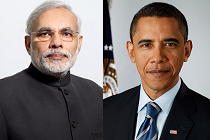 Courtesy: Gateway House
Courtesy: Gateway House
The Modi-Obama meet in Washington will be crucial to take the India-U.S. bilateral forward. The meet will test the commitment of both administrations and hence the dialogue must focus on deliverables such as defence co-operation and LNG exports to create a roadmap for concrete progress
 Courtesy: arabia.msn.com
Courtesy: arabia.msn.com
The right to be heard and to dissent is crucial in a democracy but they come with responsibilities. The current anti-government protests are being mobilised by partisan-players with a political stake and could jeopardise Pakistan’s hard-won democracy
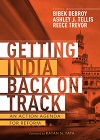 Courtesy: Carnegie Endowment for International Peace
Courtesy: Carnegie Endowment for International Peace
'Getting India back on track: An Action Agenda for Reform' prescribes the revival of India’s economic growth as the number one priority for the new government
 Courtesy: Quartermaster/Wikimedia Commons
Courtesy: Quartermaster/Wikimedia Commons
Like European countries, Australia too has seen an influx of asylum seekers over the last decade. However, domestic political compulsions have seen the new Australian government send back the refugees to their turmoil ridden countries. Considering international law and its responsibilities Canberra needs to revisit its refugee policy
 Courtesy: Owlpacino
Courtesy: Owlpacino
Although the histories, levels of economic development, and critical issues of India and the U.S. are different, the confrontational party politics in their political systems pose similar challenges. Both countries can learn from the experience of federalism of the other to take their national agendas forward
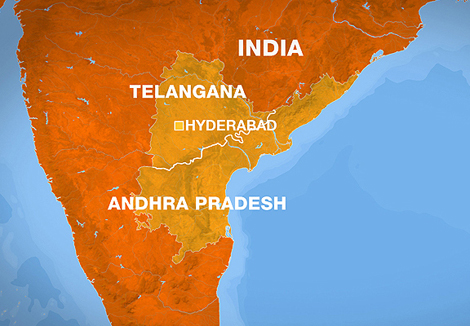 Courtesy: Wikimedia
Courtesy: Wikimedia
The birth of Telangana was a fall-out of the politics of opportunism practiced by both regional and national parties. The idea of federalism in India has to be conscious of these fault lines as they do not bode well for aspirations of cooperative federalism
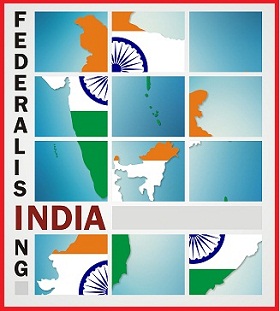 Courtesy:
Courtesy:
The purpose of this study is to examine federalism, its different forms, as well as the ability of different federal systems to absorb change through the creative reworking of centre-state equations
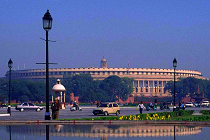 Courtesy: Wikipedia
Courtesy: Wikipedia
India’s federalism sees territory as fixed space through which power is distributed. We must instead imagine a federalism of time, a non-linear layering that reverses the heliocentrism of the State. It will give us models of disorder to create a diversity-sensitive system, and a new prism to re-imagine India’s future